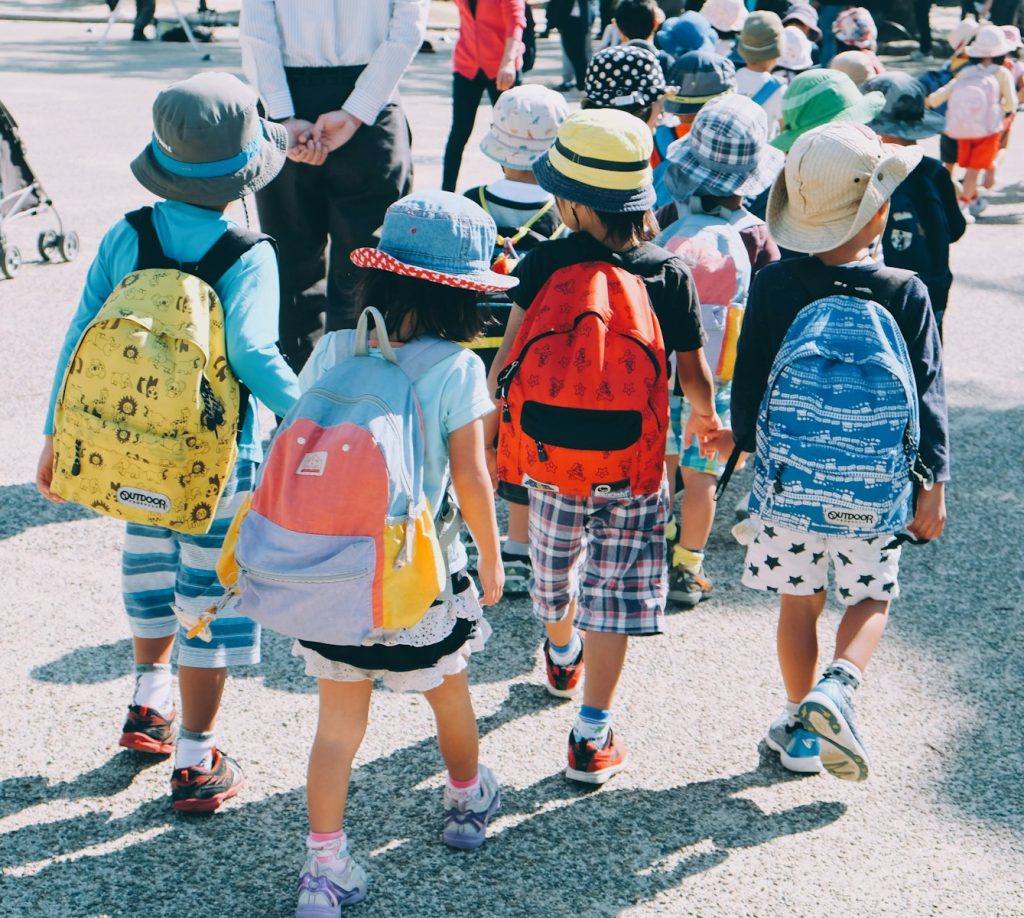Diao Rongchun, a primary school teacher from Taishitun Township in Beijing, exemplifies China’s commitment to education in rural areas. Her dedication to teaching in mountainous regions is marked by her unique approach, which emphasizes interaction, mutual appreciation, and tailored support for each student. Diao’s efforts include travelling extensively to support left-behind and single-parent children, devising personalised study plans, and earning heartfelt gratitude from parents.
Recognition of Excellence in Education
At a recent awards ceremony held in anticipation of the 40th Teachers’ Day, which falls on Tuesday, Diao was honoured as a national model teacher. This recognition was part of a broader celebration of 716 individuals and institutions excelling in China’s education sector. The ceremony highlighted the nation’s commitment to advancing educational standards and celebrating those who contribute significantly to the field.
China’s Vision for Educational Excellence
During a national education meeting in Beijing, Chinese President Xi Jinping praised the dedication of educators across the country. He urged continued efforts towards achieving the strategic goal of transforming China into a leading nation in education. This ambition reflects China’s historic strides in building a high-quality education system, which now stands as the largest and most advanced globally.
According to official figures, China boasts 498,300 schools of various types and levels as of 2023, with 291 million students enrolled and 18.918 million full-time teachers. The academic qualifications of educators have also seen substantial improvements, with 78 percent of primary school teachers and 93 percent of junior high school teachers holding bachelor’s degrees or higher. The proportion of teachers with senior professional titles has risen, and senior teacher positions have been established in primary and secondary schools.
Expanding Access and Quality in Higher Education
The enrollment rate for higher education has surged from 30 percent in 2012 to 57.8 percent in 2021, reflecting a significant milestone in higher education accessibility. Chinese universities and disciplines now rank highly on the global stage, demonstrating advanced levels of academic achievement.
China is also focusing on the balanced development of vocational and general education. Efforts are underway to enhance the vocational education system, providing students with diverse talents and interests the opportunity to realise their potential.
Global Impact and International Collaboration
Xi Jinping emphasized the importance of fostering virtue and improving the status, pay, and welfare of teachers to make the profession highly respected. He also highlighted the need for high-quality, balanced compulsory education and reducing disparities between urban and rural areas.
International collaboration is exemplified by the China-Africa Joint Research Center, established in 2013. This centre unites research and teaching institutions from 16 African countries and China to address global challenges such as biodiversity and water resources. The centre has published over 600 papers, conducted more than 30 international training sessions, and trained over 300 students from 14 African countries.
China also hosts international conferences, such as the World Digital Education Conference, and establishes Luban Workshops worldwide. These initiatives aim to build a global education hub, expand academic exchanges, and enhance international cooperation in education and scientific research.
